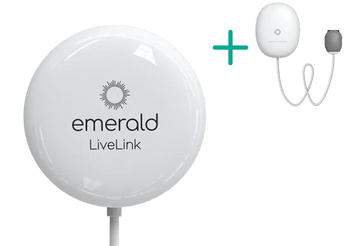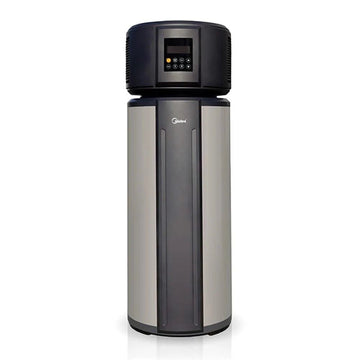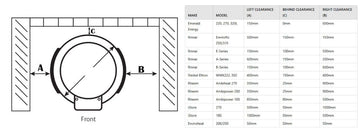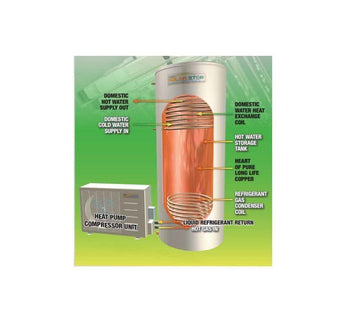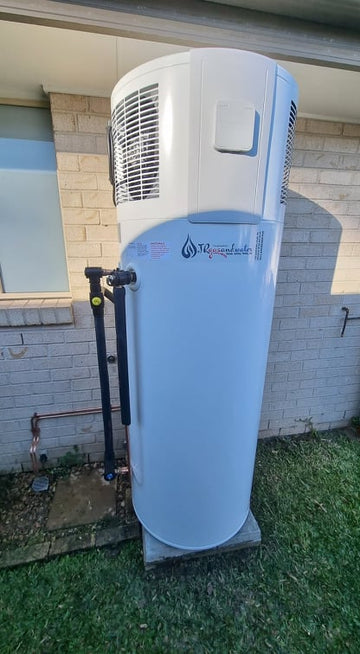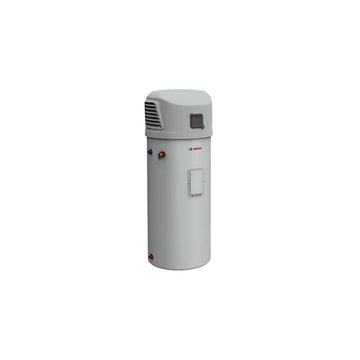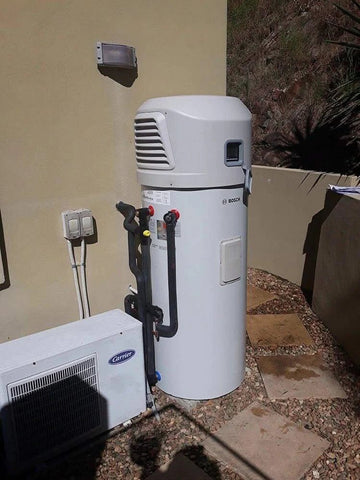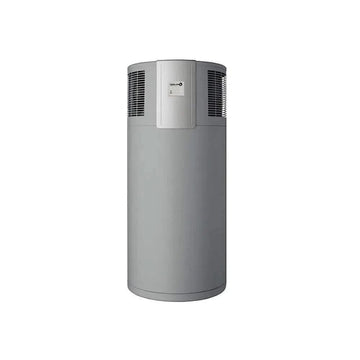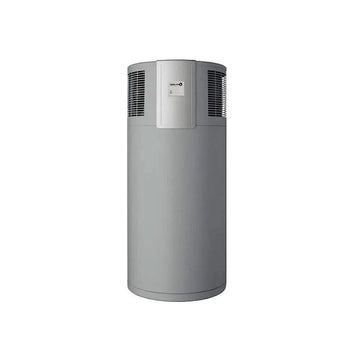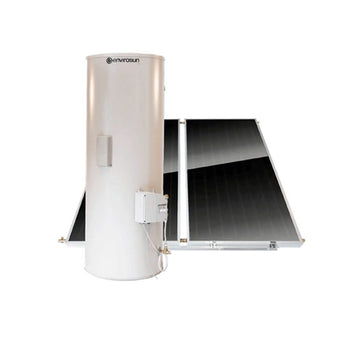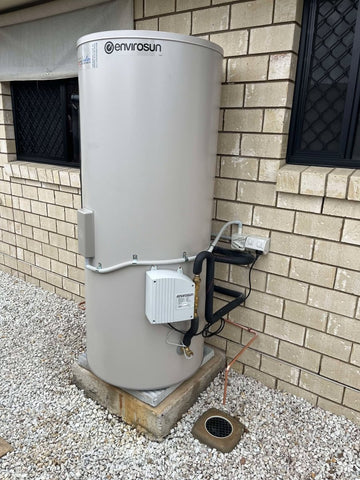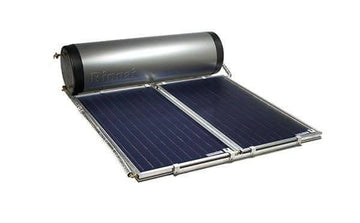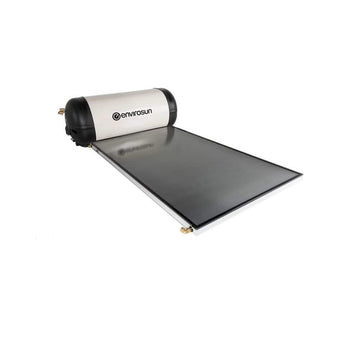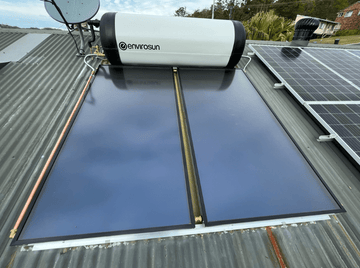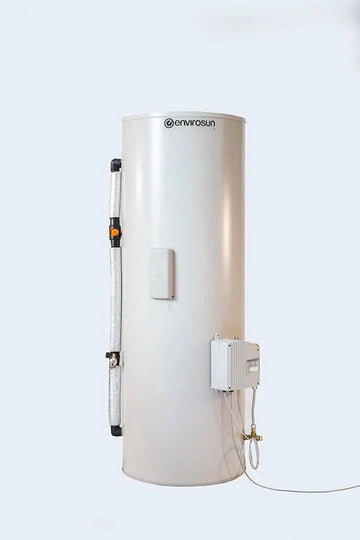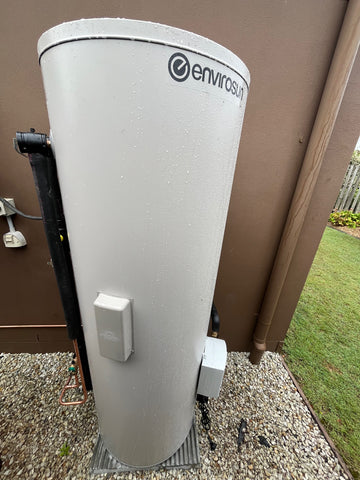Solar Hot Water Systems – Compare Types, Prices & Installation in Brisbane & Gold Coast
Thinking about switching to solar hot water? At JR Gas & Water, we make it easy to upgrade your system, lower your energy bills, and reduce your environmental impact. Whether you're in Brisbane or the Gold Coast, we’re your local solar hot water specialists, ready to deliver fast installation and long-term value.
Why Choose a Solar Hot Water System?
Solar hot water systems use free energy from the sun to meet up to 90% of your home’s hot water needs, helping you:
-
✅ Save up to 80% on your hot water bills
-
✅ Cut greenhouse gas emissions
-
✅ Qualify for generous government rebates
-
✅ Reduce reliance on the grid
-
✅ Enjoy 15–25 years of reliable performance
Learn the components and principles of a solar hot water system
How Do Solar Hot Water Systems Work?
Your system includes:
-
Solar collectors on the roof absorb the sun’s heat.
-
A circulation system transfers that heat to your storage tank.
-
The insulated tank stores hot water until needed.
-
A booster (gas or electric) kicks in if solar energy isn’t enough.
Read how hot water systems work
Types of Solar Hot Water Systems
We supply and install every type of system to suit your roof space, location, and budget.
Roof-Mounted Systems
Split Systems
-
Panels on the roof, tank on the ground
-
Great for homes with roof weight limits
-
Requires a circulation pump
Evacuated Tube Systems
-
Efficient in colder or cloudy areas
-
Delivers consistent performance all year
-
Excellent for QLD’s variable weather
Heat Pump Systems (Solar Alternative)
-
Extracts heat from the air
-
Perfect for shaded properties
-
Energy-efficient, eligible for rebates
Compare top-rated heat pumps for 2025
See how the iStore 270L stacks up
Solar Hot Water System Costs
💰 Average Installed Prices:
| System Type |
Price Range (Installed) |
| Roof-Mounted |
$3,000 – $5,000 |
| Split Systems |
$4,000 – $7,000 |
| Evacuated Tubes |
$4,500 – $8,000 |
| Heat Pumps |
$2,500 – $5,000 |
What Affects Cost?
Guide to choosing the best solar hot water system
Rebates & Government Incentives
Save even more with available government support:
-
✅ STCs (Small-scale Technology Certificates) – worth $500–$1,000
-
✅ State rebates – varies by location
-
✅ Extra rebates for replacing electric units
Explore rebate options and how to claim them
Installation Requirements
To get the most from your system:
-
✅ Use a north-facing roof
-
✅ Ensure proper collector tilt
-
✅ Plan for tank placement (roof or ground)
-
✅ Check plumbing access
-
✅ Include booster system integration
See what a good install setup looks like
Maintenance & Lifespan
Keep your system running at peak efficiency with:
How long hot water systems typically last
Solar Hot Water vs Electric & Gas Heaters
| Feature |
Solar |
Electric |
Gas |
| Running Cost |
Low |
High |
Moderate |
| CO₂ Emissions |
Very Low |
High |
Medium |
| Lifespan |
15–25 years |
10–15 years |
10–15 years |
| Upfront Cost |
$3k–$8k |
$800–$2k |
$1.5k–$3.5k |
See our full hot water system comparison
Is It Worth It?
✔ Yes, if you want lower bills and environmental impact
❌ Not ideal for shaded homes (opt for a heat pump instead)
💡 Payback in 4–10 years, depending on your setup and usage
Top-rated solar systems of 2025
Ready to Upgrade?
🔥 Slash your bills
🌿 Reduce your footprint
💧 Enjoy reliable hot water, year-round
📞 Contact JR Gas & Water today or browse our full solar hot water system range to get started.
Frequently Asked Questions
1. How much can I save with a solar hot water system?
You can save up to 80% on your hot water bills by switching to a solar hot water system with proper setup and usage.
2. Do I need a booster with a solar hot water system?
Yes, most systems include a gas or electric booster to ensure hot water on cloudy days or during high demand.
3. What size solar hot water system do I need?
System size depends on household size. A 300L tank suits 3–4 people, while larger families may need a 400L+ setup.
4. Are rebates available for solar hot water systems?
Yes. You may be eligible for STCs, state rebates, or additional discounts for replacing electric systems.
5. What’s the difference between split and roof-mounted systems?
Roof-mounted systems are compact and cost less to install, while split systems are easier to maintain with the tank on the ground.






